China has executed serious travel restrictions to control epidemic that has driven 106 people to the jaws of death.
Iran (IMNA) - The virus has caused alarms because it is still too early to know how dangerous it is and how easily it spreads between people. As it is new, humans have not been able to build any immunity to it. The virus, believed to have originated late last year in a seafood market in Wuhan that was illegally selling wildlife, has spread to bigger cities including Beijing and Shanghai.
The United States warned against travel to China on Monday and Canada issued a more narrow travel warning as the death toll from the spreading coronavirus passed 100, with tens of millions stranded during the biggest holiday of the year and global markets rattled.
Common signs of infection include respiratory symptoms, fever, cough, shortness of breath and breathing difficulties. In more severe cases, infection can cause pneumonia, severe acute respiratory syndrome, kidney failure and even death.
Standard recommendations to prevent infection spread include regular hand washing, covering mouth and nose when coughing and sneezing, thoroughly cooking meat and eggs. Avoid close contact with anyone showing symptoms of respiratory illness such as coughing and sneezing.
Coronaviruses (CoV) are a large family of viruses that cause illness ranging from the common cold to more severe diseases such as Middle East Respiratory Syndrome (MERS) and severe acute respiratory syndrome (SARS). The 2019 novel coronavirus (2019-nCoV), also known as the Wuhan coronavirus, is a new strain that has not been previously identified in humans.
Coronaviruses are zoonotic, meaning they are transmitted between animals and people. Detailed investigations found that SARS-CoV was transmitted from civet cats to humans and MERS-CoV from dromedary camels to humans. Several known coronaviruses are circulating in animals that have not yet infected humans.
Sources: Aljazeera, CNN, WHO

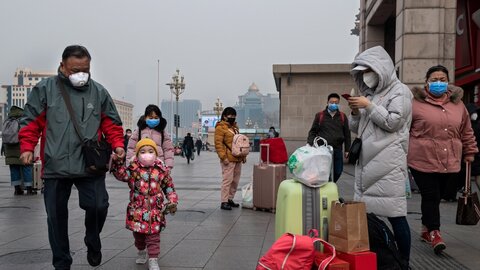







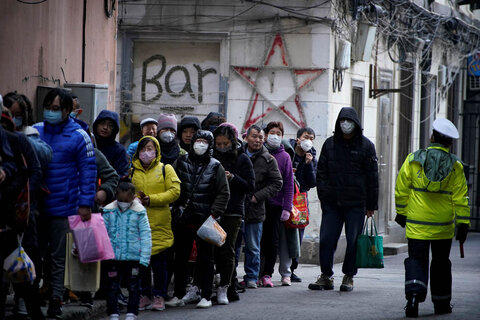



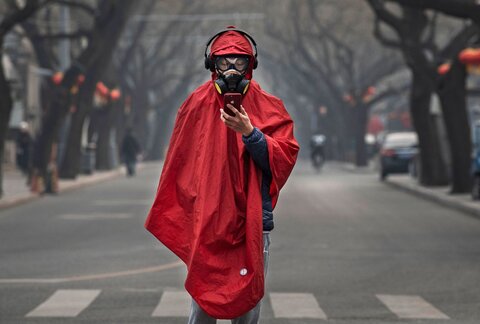

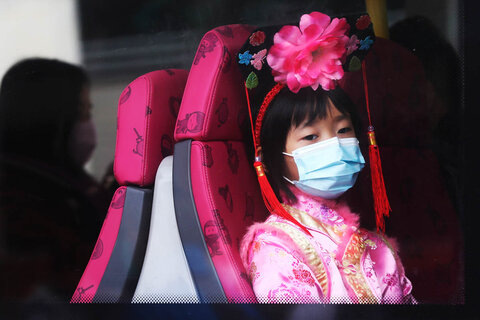










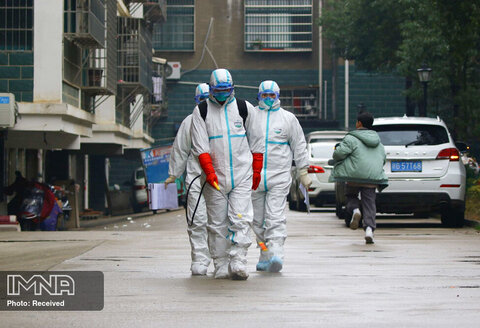




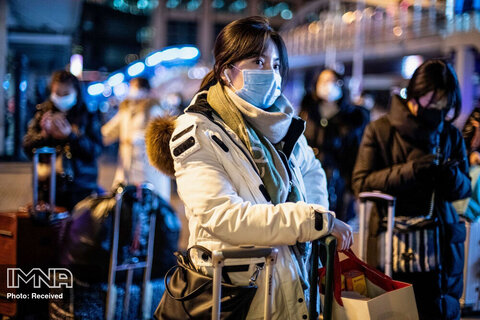

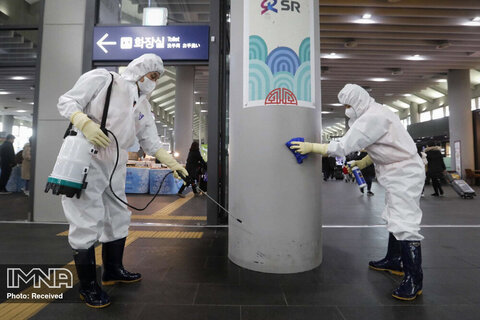



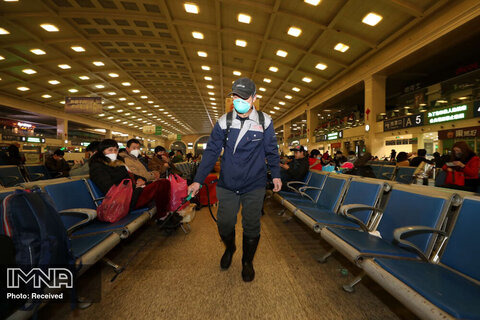
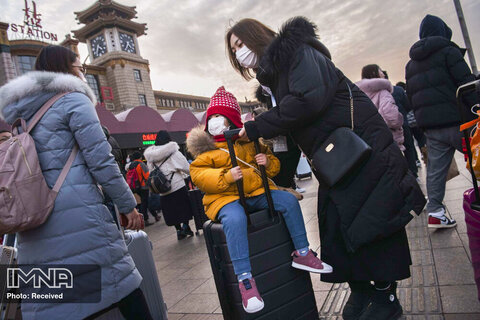

Your Comment